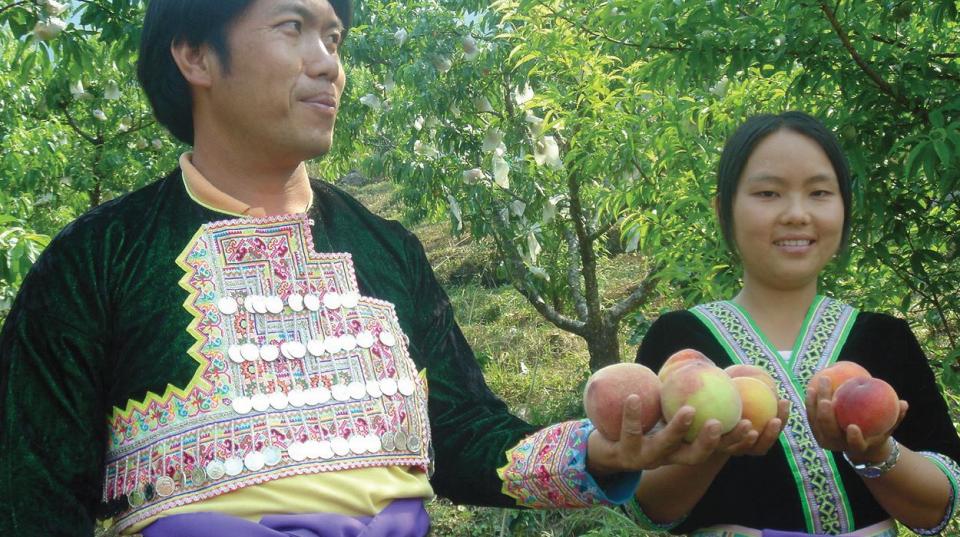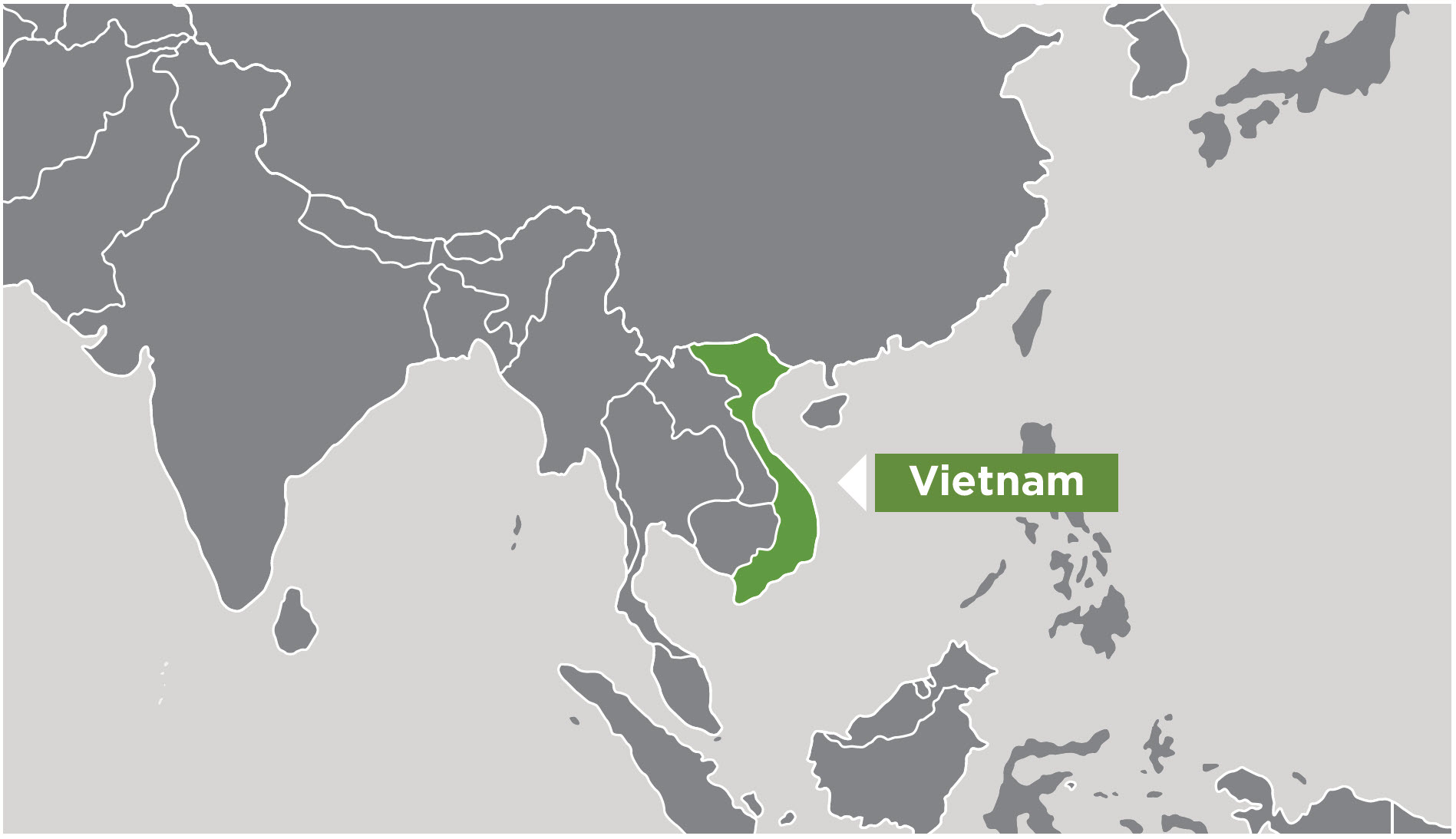Overview
This project analysed the pathways to change in women’s empowerment that gender transformative approaches achieve, especially for ethnic minority women in the Vietnamese context.
It focused on capacity development and relationship building in-country, laying the foundation for future long-term qualitative, transdisciplinary action research.
Experience has demonstrated that when agricultural systems are more inclusive, women farmers possess enormous potential to contribute to long-term food security for their families and impact sustainable nutritional outcomes. However, whilst monitoring and evaluation systems capture change in gender relations at the household and community levels, a more systematic approach with qualitative research into ‘how’ and ‘why’ these shifts in gender occur is needed.
Project outcomes
- Built capacity of in-country partners and 10 early career social science researchers through training in mixed-method research, including participatory methodologies, and project-level Women’s Empowerment in Agriculture Index (pro-WEAI).
- Trained 12 ethnic minority women in the Technologically Enhanced Agricultural Livelihoods (TEAL) northern uplands project communities as co-researchers.
- Developed the capacity of in-country partner organisations to use the Feminist Participatory Action Research approach and pro-WEAI in agricultural R4D projects.
- Co-authored two research outputs with in-country women researchers to build a track record in scholarly journal publications.
Summary of outcomes to date
2021–22
COVID-19 has pushed us into new ways of working that mean we are actually practicing localisation and not just talking about it as a research aspiration. Our ‘building local capacity’ research objective has thus become the dominant project objective given the current global pandemic. It perhaps has never been so important to focus on how we build local capacity to undertake gender research and analysis particularly in already marginalised communities such as remote, ethnic minority, rural communities.
We have ‘localised’ the research where the junior research team in-country is supported by the Australian university researchers who provide online training and manuals to in-country social science researchers and support them online at the end of each day for fieldwork debriefs to help troubleshoot any issues with the team. The final day for each round of fieldwork involves a ‘sensemaking’ workshop where the RAs and co-researchers come together in a hotel meeting room with the senior research team online to collectively review the data, make sense of it thematically, and to ensure that our interpretation and analysis of the data is guided by the Tai EM RAs and co-researchers. The discussions from the sensemaking included as part of the dataset.
Throughout 2021, we have implemented a Feminist Participatory Action Research (FPAR) approach, training junior Tai social science researchers who then trained and supported women coffee farmers as co-researchers to use Photovoice to document their experiences of gender transformative tools. Presently, the project is conducting its final round of the project-level WEAI and participatory focus groups.
While our localisation research processes no doubt need refining, we would consider the Covid-19 responsive adaptation of our research approach a mark of achievement in building the capacity of the EM Tai researchers.





